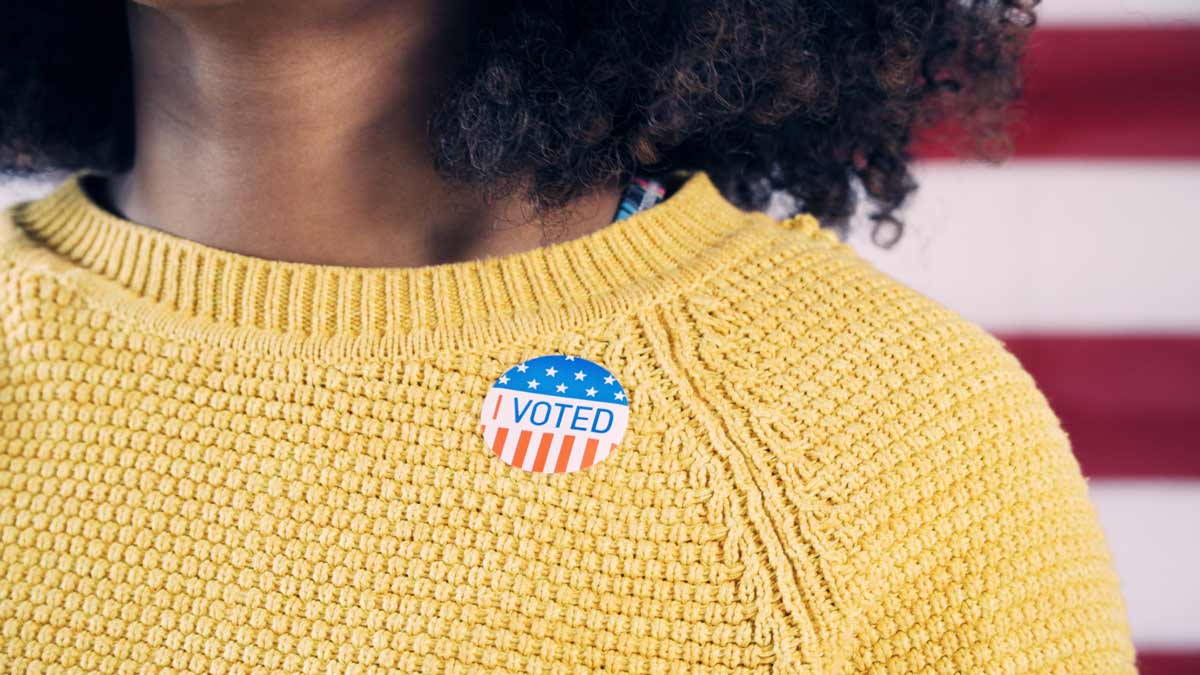
The Voting Rights Act remains relevant 55 years after passage
The sixth of August marks 55 years since President Lyndon B. Johnson signed the Voting Rights Act into law. The legislation outlawed discriminatory voting practices adopted in many Southern states after the Civil War, including literacy tests and poll taxes.
The Act’s goal was to make it impossible to thwart the aims of the 15th Amendment to the U.S. Constitution, which nearly a century earlier established the right to vote for Black men in America. In the decades after the amendment was passed, Black voters faced obstacles to voting in many states, including voter intimidation. It took the Voting Rights Act of 1965, with its enforcement powers, to remove many of the barriers preventing Black people from fully exercising their voting rights.
Because of a Supreme Court ruling seven years ago, however, the issues the Voting Rights Act raised and the voter suppression it sought to address remain relevant today.
In December the U.S. House of Representatives passed legislation to restore a key provision of the Act. The bill would return election oversight of some state and local jurisdictions to the federal government as a way to prevent voter suppression, a provision the Supreme Court struck down in 2013. And last week, the House approved a proposal to rename the legislation in honor of Rep. John Lewis (D-Ga.), the civil rights icon who died of cancer on July 17.
Voting rights in 2020
Efforts to suppress voting and disenfranchise marginalized communities continue. But today it often involves social media content that misleads voters. Tactics include spreading rumors that polling places have closed or moved, sharing falsehoods that an election has been canceled or wrongly telling voters they can vote by text or phone.
Such methods occur every election year, and you can expect to see them gain momentum as November’s presidential election nears. That’s why NLP will launch a voter education campaign this fall to help the public identify credible sources of information and become more news-literate.
That’s because news literacy skills enable voters to discern credible sources of information regarding early voting, voting by mail, and other voting issues. They also help protect every voter’s right to make his or her vote count in November. And news literacy can build the essential critical thinking skills citizens need to remain engaged and informed participants in our democracy.
